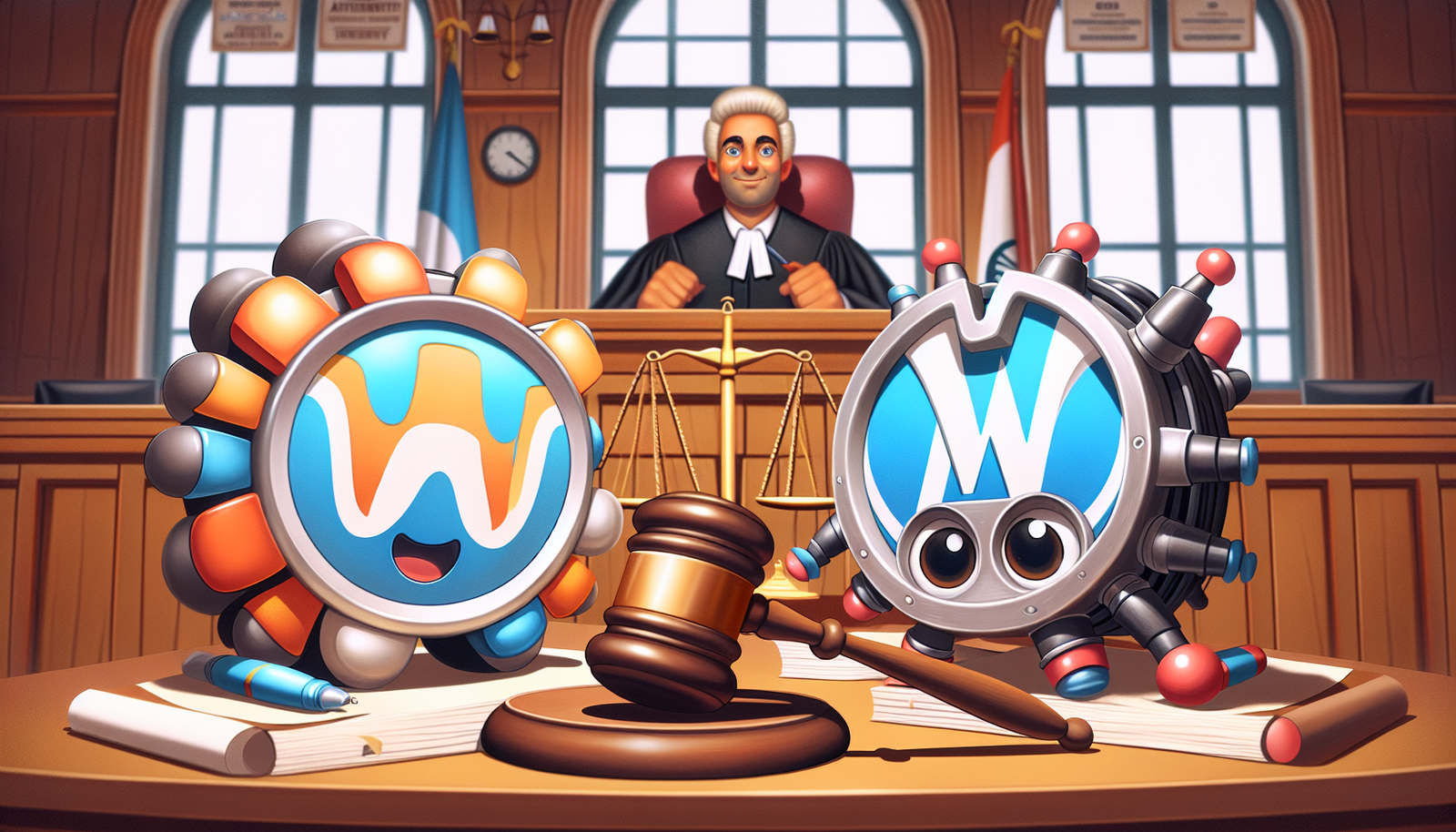WordPress Trademark Dispute: Automattic Accused of Extortion by WP Engine
Automattic, the company behind WordPress, and its founder Matt Mullenweg are facing serious legal challenges from web hosting company WP Engine. The lawsuit alleges that Automattic engaged in an “extortion scheme” to demand payments for the use of the WordPress trademark. This claim was submitted to the US District Court for the Northern District of California.
Case Details
The lawsuit claims that Automattic’s actions represent an abuse of power in a community built on the commitment to freedom and open-source principles. WP Engine’s complaint emphasizes that, in recent weeks, Automattic threatened to ban WP Engine from the WordPress ecosystem unless it paid tens of millions of dollars for a trademark license that it allegedly doesn’t even require.
Blocking Access and Allegations of Misconduct
WPE contends that Mullenweg actively obstructed its operations by denying access to crucial WordPress resources, such as plugin updates and community channels, effectively isolating the company from its usual WordPress contributions. The allegations extend to claims of libel and slander, with WP Engine seeking a jury trial to resolve these issues.
Automattic’s communication demanded a royalty fee of approximately $32 million annually based on WP Engine’s revenue, which WP Engine asserts is a baseless demand given their legal usage of the WordPress trademark.
Mullenweg’s Criticism of WP Engine
Mullenweg, an influential figure in the WordPress community, previously critiqued WP Engine, claiming it detracts from the essence of WordPress and charges customers for a service that does not adhere to the core principles of the platform. He suggested that WP Engine’s practices mislead customers, presenting their service as authentic WordPress while stripping away essential features.
WP Engine’s Standpoint
WP Engine’s legal action highlights perceived betrayals by Automattic, recalling earlier promises made regarding the independence of WordPress’s trademarks becoming nonprofit in 2010. The lawsuit portrays WP Engine as a genuine contributor to the WordPress ecosystem, dedicated to the platform since its establishment.
The hosting provider emphasizes that its usage of the WordPress trademark aligns with established legal practices, maintaining it operates under fair use definitions and complies with WordPress’s usage guidelines.
Defense From Automattic
Responding to the allegations, Automattic firmly denied any wrongdoing, asserting their position within the legal framework to protect the WordPress trademark. Mullenweg stated that prior engagement attempts were made with WP Engine to negotiate terms, reaffirming Automattic’s entitlement to the commercial rights of the WordPress trademark.
Automattic plans to defend against these claims vigorously, stating that the lawsuit presents a distorted view of reality and they are prepared to pursue all legal avenues to safeguard their interests and those of the WordPress community.
In this article, we explored the current conflict between Automattic and WP Engine centering on trademark rights and fair use. The outcome of this legal battle could have significant implications for the future of WordPress and its community dynamics, particularly concerning trademark regulations and open-source software.

